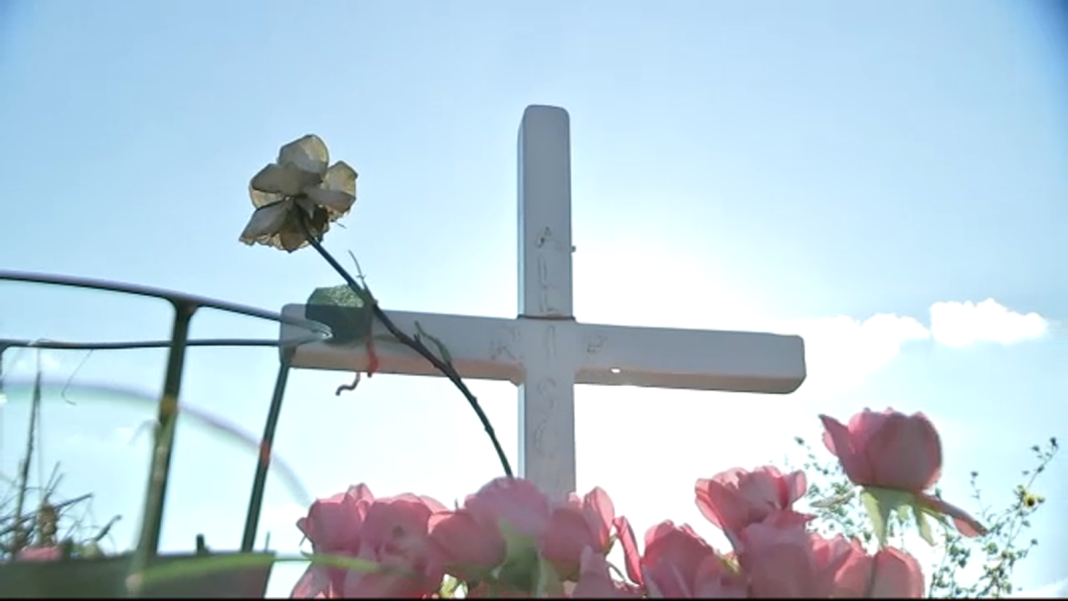In a highly charged atmosphere typical of a rivalry steeped in history, the second game of a series between the San Diego Padres and the Los Angeles Dodgers faced an unexpected delay. The cause? Frustrated fans, driven by passion and perhaps a touch of impulsivity, began hurling objects onto the field in a moment that not only paused the game but also raised serious questions about fan behavior, stadium security, and the overall experience of attending live sporting events.
This incident unfolded as tensions reached a boiling point during a pivotal moment in the game. The Padres, who entered the series with a strong lineup and high hopes, were facing off against a Dodgers team known for its resilience and depth. As the game progressed, the stakes became even higher, leading to a crescendo of emotions in the stands. According to sports psychologist Dr. Emily McMahon, “In moments where fans feel their team is underperforming or facing unfair treatment, they can react in ways that might seem irrational. It’s a reflection of their emotional investment in the team.”
The sight of objects raining down onto the field is not just a momentary disruption; it is a stark reminder of the thin line between fervor and chaos in sports culture. While passionate fan engagement is often celebrated, this behavior can have severe repercussions. A similar incident occurred in 2021 during a playoff game, where unsportsmanlike conduct from the stands led to increased security measures and a crackdown on fan behavior. These events prompt league officials and stadium management to reassess their policies on fan conduct to ensure the safety of players, officials, and fellow spectators.
In the wake of this particular delay, discussions around the impact of social media on fan behavior have gained traction. Many fans document their experiences in real-time, which can exacerbate feelings of frustration or elation. A study from the University of Southern California found that social media amplifies emotions during live events, often leading to heightened reactions in the stands. The combination of alcohol, high stakes, and the immediacy of social media can create a perfect storm for impulsive actions.
Furthermore, the game delay raises questions about the protocols in place for managing such incidents. Major League Baseball (MLB) has historically dealt with unruly fan behavior in various ways, ranging from fines and bans to increased security presence at games. As the league grapples with how to maintain the integrity of the game while ensuring a safe environment for all, the balance between fan freedom and regulation becomes increasingly complex.
Ultimately, this delay serves as a cautionary tale. It highlights the need for improved communication between teams, security personnel, and fans about acceptable conduct. Such incidents remind us that while the passion for baseball can unite us, it can also lead to moments of discord that overshadow the spirit of the game. As fans, it’s vital to channel that energy into support rather than chaos, fostering an atmosphere that celebrates the sport we love.
In conclusion, the delay in the Padres-Dodgers game is more than just a momentary pause; it’s an opportunity for reflection on the nature of fandom, the role of emotions in sports, and the collective responsibility we share as spectators. By addressing these underlying issues, we can work towards a more positive and respectful sporting environment, ensuring that the focus remains on the game itself.
